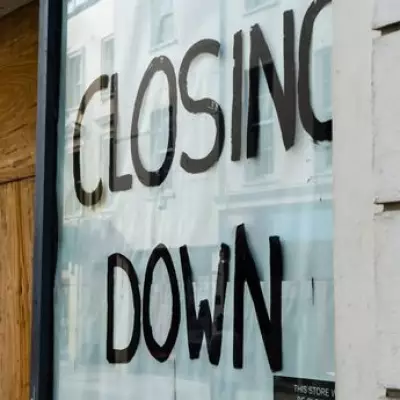
As the sun finally makes its long-awaited appearance across Britain, many households are eagerly firing up their barbecues for that quintessential summer experience. However, homeowners are being warned about a potentially costly oversight that could turn their garden gathering into an expensive mistake.
The Hidden Cost of Sizzling Sausages
While most people focus on perfecting their burger-flipping technique, few consider the legal implications of their barbecue smoke. Under the Environmental Protection Act 1990, councils have the power to issue £1000 fines to residents whose barbecues create enough smoke to be deemed a 'statutory nuisance'.
What Constitutes a Smoke Nuisance?
The legislation doesn't specifically target barbecues but covers any smoke that unreasonably interferes with a neighbour's enjoyment of their property. Key factors include:
- Frequency and duration of the smoke
- Time of day the barbecuing occurs
- Impact on neighbouring properties and their residents
- Whether the activity is persistent and unreasonable
Council officials can serve an 'abatement notice' if they determine the smoke constitutes a statutory nuisance. Failure to comply with this notice then leads to the substantial fine.
Avoiding Barbecue Blunders
Experts recommend several practical steps to maintain neighbourly relations while enjoying outdoor cooking:
- Choose your timing carefully - avoid early mornings and late evenings
- Consider wind direction before positioning your barbecue
- Use well-maintained equipment that produces less smoke
- Have a conversation with neighbours about your plans
- Keep gatherings reasonable in frequency and size
'Many people are completely unaware that their summer traditions could have legal consequences,' explains a local council representative. 'We always encourage residents to be considerate and communicate with their neighbours before lighting up.'
When Smoke Signals Trouble
The process typically begins when a neighbour makes a formal complaint to the local council. Environmental health officers will then assess whether the smoke constitutes a statutory nuisance based on its intensity, duration, and frequency.
While one-off barbecues are unlikely to trigger action, regular smoke disturbances - particularly from poorly maintained barbecues or inappropriate fuel - could see homeowners facing enforcement action.
So as you dust off the grill and stock up on charcoal this summer, remember that good barbecue etiquette isn't just about manners - it could save you from an unexpected £1000 penalty.





